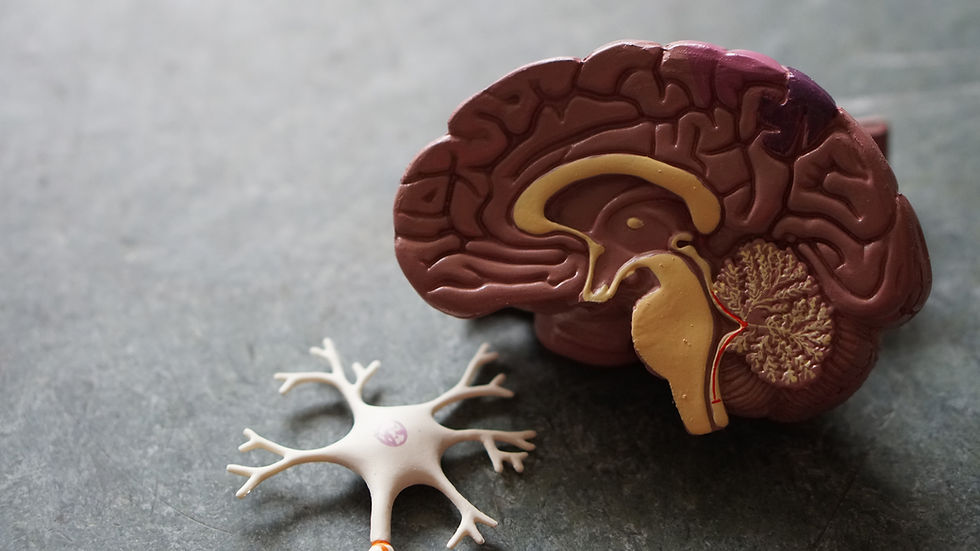How Heart Health Impacts Digestion, Immunity, and the Brain — And Why Nutrition Is Key
- Culinary Savant

- Apr 20, 2025
- 2 min read

The heart does more than just pump blood — it’s the engine that powers nearly every function in the body. When your heart is healthy, it delivers oxygen-rich blood efficiently to organs and tissues, supporting everything from digestion to immunity to brain function. This process is known as oxygenation and is essential in circulatory functions, muscular function, cognitive function, and a range of other essential functions. Let’s take a closer look at how these systems are connected and why your diet plays such a critical role.
Heart Health and Digestion
Your digestive system relies on a steady supply of blood to break down food, absorb nutrients, and remove waste. Poor heart function can lead to reduced blood flow to the digestive organs, slowing down these processes and even contributing to conditions like bloating, constipation, or poor nutrient absorption. A strong heart keeps the gut working smoothly and helps ensure your body gets the energy it needs.

The Immune Connection
Your immune system is deeply connected to both your heart and gut health. About 70% of your immune cells live in your gut, and proper circulation ensures these cells are transported efficiently throughout the body to fight off infections and heal injuries. If the heart isn’t pumping effectively, immune function may be compromised, making you more vulnerable to illness and slower recovery times.

Oxygenation and Brain Health
Your brain is a highly oxygen-dependent organ. The oxygenation process — driven by the heart and lungs — supplies the brain with the fuel it needs for clear thinking, memory retention, and emotional regulation. When heart health declines, oxygen levels in the brain can drop, potentially leading to brain fog, fatigue, or even increased risk of cognitive decline over time.
Why Nutrition Matters
Food is more than fuel — it’s medicine. The nutrients you consume directly affect the heart’s ability to function optimally, which improves the circulation of other essential components as these are transported throughout the body using the "vehicle" of said circulation. A heart-healthy diet not only supports cardiovascular health, but also enhances digestion, boosts immune response, and maintains mental clarity.
Top Foods for a Heart-Healthy Diet:
Leafy Greens (spinach, kale): High in vitamins, antioxidants, and nitrates that improve blood flow.
Fatty Fish (salmon, sardines): Rich in omega-3s that reduce inflammation and support healthy cholesterol levels.
Berries (blueberries, strawberries): Packed with antioxidants that lower blood pressure and improve artery function.
Nuts (almonds, walnuts): Provide heart-friendly fats and fiber.
Whole Grains (oats, quinoa): Help reduce bad cholesterol and support gut health.
Olive Oil: A healthy fat that reduces inflammation and supports arterial health.
Legumes (beans, lentils): Loaded with protein, fiber, and micronutrients that benefit the heart and digestive system.
In summary, your heart is at the center of your overall wellness — literally and figuratively. By prioritizing your cardiovascular health through balanced nutrition, you’re also strengthening your digestion, immunity, and brain power. What you eat truly shapes how you feel and function every day.








Comments